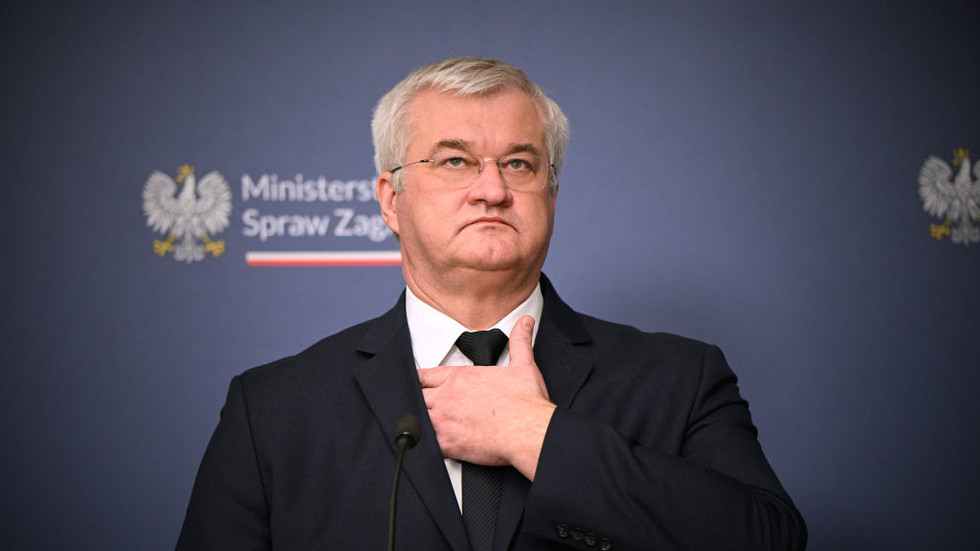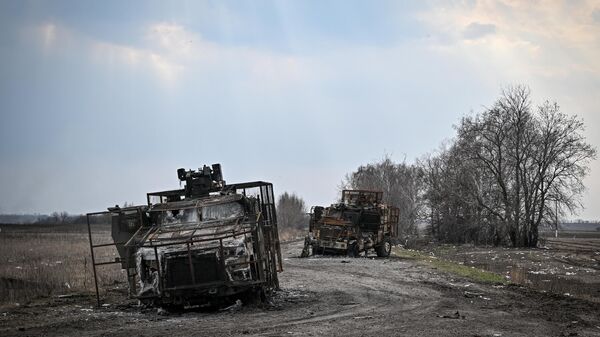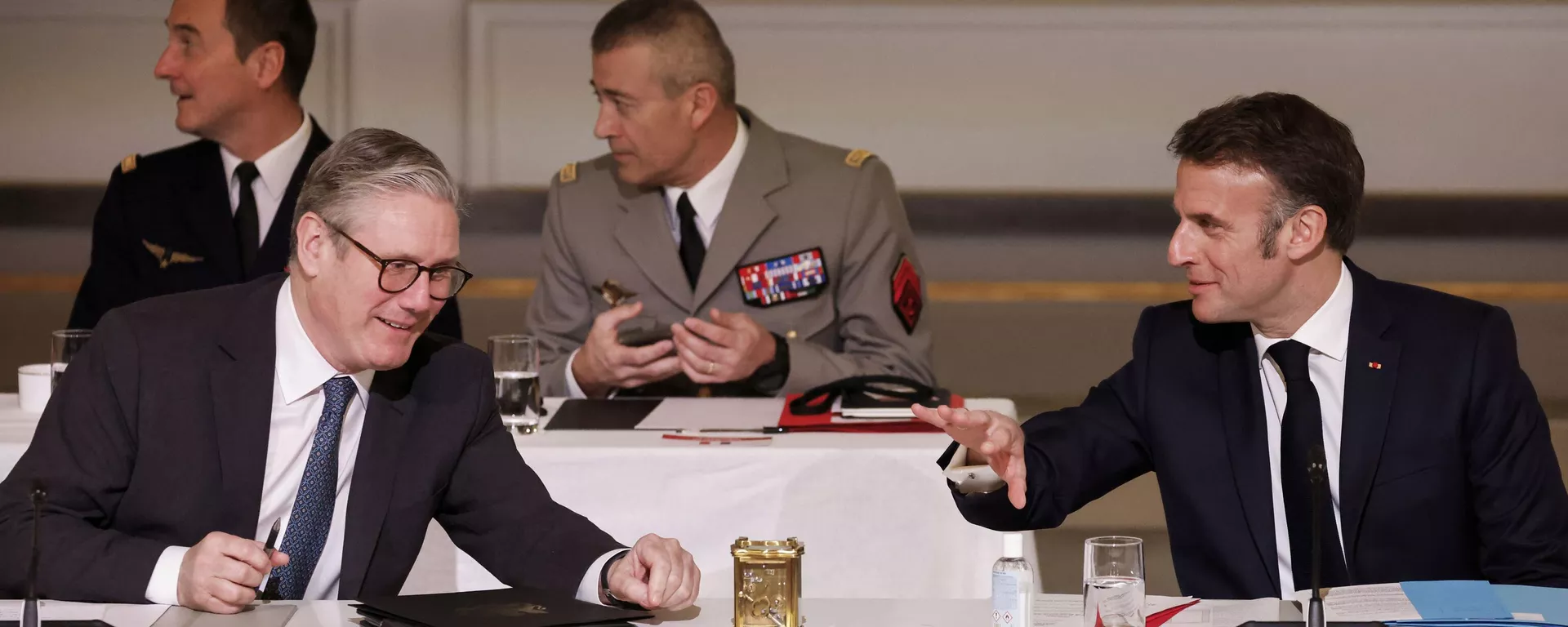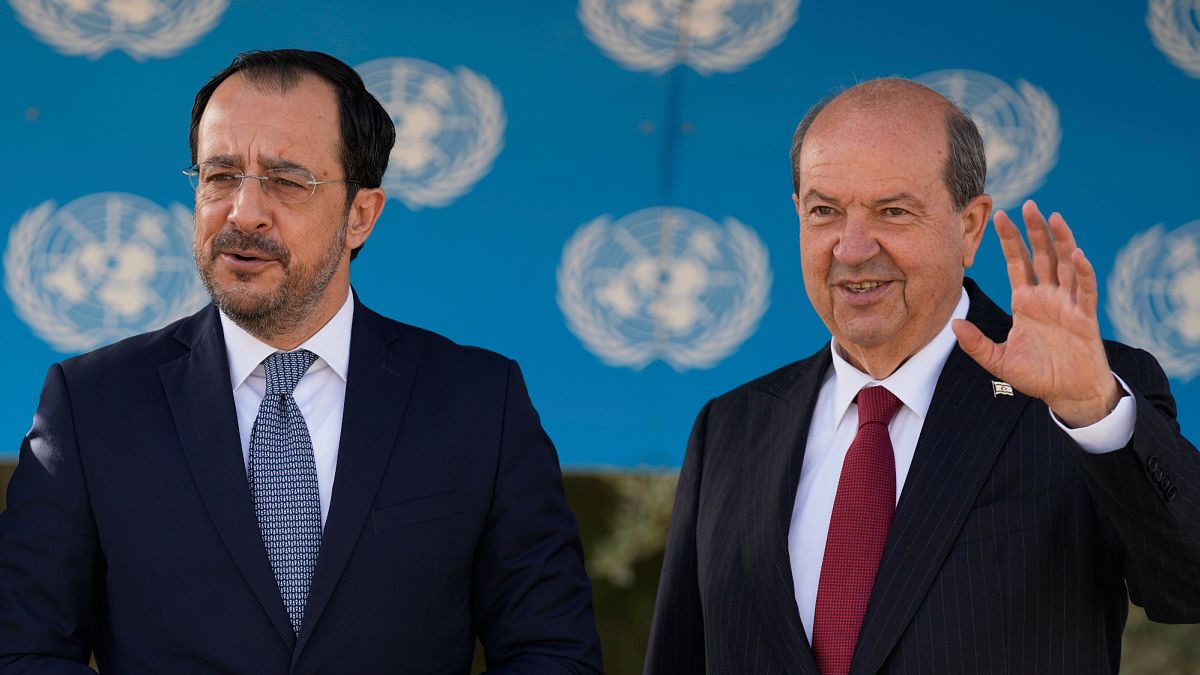Harris and Trump are targeting key battleground states with large Arab American and Jewish populations, as the conflict's impact shapes their campaigns and could influence the outcome of the election.
With just two weeks until election day, the ongoing crisis in the Middle East has become a focal point in the US presidential race.
Vice President Kamala Harris and former President Donald Trump are each attempting to address the conflict’s complexities while fighting for crucial votes in battleground states like Michigan and Pennsylvania, which have large Arab American and Jewish populations.
Harris has been navigating a challenging line, expressing strong support for Israel while also condemning civilian casualties in Gaza and Lebanon.
This balancing act has drawn mixed reactions, including criticism from some who misinterpreted her remarks during a recent exchange with a pro-Palestinian protestor as agreeing with claims of Israeli “genocide.”
Harris’ campaign quickly clarified that her comments were focused on the broader humanitarian condition in Gaza.
The dynamics shifted a day earlier when Harris stated that the “first and most tragic story” of the conflict was the 7 October Hamas attack that resulted in the deaths of about 1,200 Israelis.
This statement upset those who felt she was not adequately addressing the deaths of over 41,000 Palestinians in Gaza, leading to further criticism of her stance.
Trump, on the other hand, has taken a more assertive approach, claiming the conflict would not have occurred under his leadership and promising an end to it if elected.
In recent interviews with Middle Eastern TV outlets and posts on his social media platform Truth Social, Trump claimed that a Harris administration would escalate the conflict, even suggesting the risk of World War III.
“If Kamala gets four more years, the Middle East will spend the next four decades going up in flames, and your kids will be going off to war, maybe even a World War III, something that will never happen with President Donald J Trump in charge,” Trump posted.
Can Harris and Trump navigate the Middle East crisis?
As Harris tries to align her messaging with President Joe Biden’s policies while striking a more emphatic tone, some in the Democratic Party express frustration over Trump’s unpredictable but bold foreign policy statements, which have gathered attention without much scrutiny.
Analysts note this contrast as a potential challenge for Harris in the final days of the campaign.
An AP-NORC poll indicates neither candidate holds a significant advantage on Middle East policy, with voters split on who would handle the situation better.
However, Harris faces some discontent within her party. Only two-thirds of Democrats say she would be the better candidate to address the conflict, while 8 in 10 Republicans back Trump on the issue.
In Michigan, home to the largest Arab American community in the US, the war’s impact is deeply personal. The community has called for a ceasefire and criticised the Biden administration for its stance on the conflict.
While Harris initially offered hope for change, many feel her policies have not diverged enough from Biden’s.
Despite both parties largely supporting Israel, much of the frustration and criticism has been directed towards Biden.
When Harris launched her campaign, Arab American leaders were initially hopeful. However, that hope quickly faded as the community felt she had not distanced her policies enough from Biden’s.
Meanwhile, ads funded by Future Coalition PAC, a group backed by Elon Musk, are targeting Arab American communities in Michigan and Jewish voters in Pennsylvania, each emphasising different aspects of Harris’ stance on Israel.
Harris spokesperson Morgan Finkelstein cast Trump's approach toward the Middle East as part of a broader sign that "an unchecked, unhinged Trump is simply too dangerous."
"He would bring us right back to the chaotic, go-it-alone approach that made the world less safe and he would weaken America," Finkelstein said.

 5 months ago
55
5 months ago
55






 We deliver critical software at unparalleled value and speed to help your business thrive
We deliver critical software at unparalleled value and speed to help your business thrive






 English (US) ·
English (US) ·